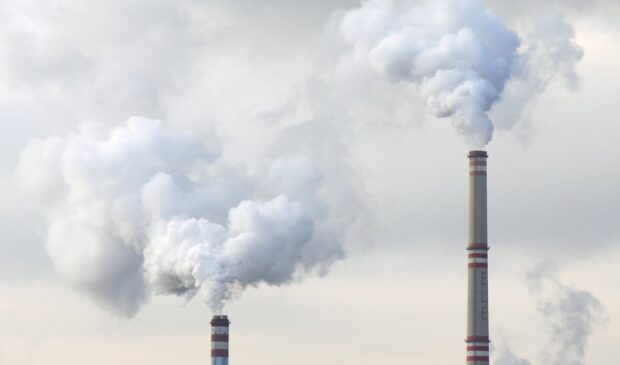Electric Utility Commission offers climate-friendly recommendations for Austin Energy update
Monday, February 26, 2024 by
Kali Bramble As the deadline approaches for an update to Austin Energy’s Resource, Generation, and Climate Protection Plan, the city’s Electric Utility Commission is joining the conversation, banding behind its own proposal for the coming decade.
The proposal, formed in collaboration with the city’s Resource Management Commission and a number of Austin Energy ratepayers, asks that the utility reconsider a number of approaches to decarbonization, including a proposal for a new hydrogen-capable combined cycle power plant. Supporters say air pollutants like nitrous oxide caused by the combustion-based approach would be counterproductive to the utility’s goal of net-zero emissions by 2035, particularly as efforts to close the Fayette Power Project coal plant have continued to flounder.
“According to The Texas Tribune, Travis County is now one of 10 counties in the state that will now exceed (Environmental Protection Agency) standards for particulate matter … and since 2010, according to data from the U.S. Pipeline and Hazardous Materials Safety Administration, there have been over 3,000 significant gas leaks. Nearly 400 resulted in explosions and injuries, including 163 deaths,” environmental activist Dale Bulla said at the EUC’s Feb. 12 meeting. “For more than six hours a Sunday or two ago, 80 percent of our electricity came from solar, wind and nuclear generation. Why not expand these cheaper and cleaner sources of energy?”
As population growth and more extreme temperatures take their toll, Austin Energy has said the proposed plant would help to navigate increasingly precarious scenarios during periods of peak demand. But commissioners argue that alternatives like battery storage, which is rapidly expanding throughout the Electric Reliability Council of Texas service territory, can offer the same dispatchable generation during summer and winter peaks without the harmful byproducts.
“Our approach to energy storage may be one of the biggest changes our working group is recommending,” Commissioner Kaiba White said of the draft plan. “Obviously, Austin Energy has begun a battery program, but does not currently have any utility-scale battery capacity. We’re recommending scaling up, investing … and, importantly, recommend that a lot of this be locally based to replace the services that the natural gas plants have been providing.”
The proposal also asks for expansion of the utility’s Reduce Emissions Affordably for Climate Health, or REACH, program, which works to rein in greenhouse gas emissions by bidding carbon-intensive energy products at a higher price point in the Electric Reliability Council of Texas market. The program has seen moderate success in scaling back operations at the Fayette coal plant, but commissioners hope it can soon be used to tackle natural gas plants as they are phased out in the coming decade.
Also among its recommendations is a more aggressive investment in local solar programs, with a focus on deploying behind-the-meter installations and offering the city’s Community Solar program to commercial customers. Commissioners say new federal incentives like the EPA’s Solar for All grant program could help to bring the burgeoning programs to a more formidable scale.
In regard to the power plant, commissioners clarified that their stance was not one of wholesale rejection of hydrogen technology, but rather Austin Energy’s specific approach to deployment.
“I personally am not a hard no on hydrogen. What the working group is a hard no on is the concept of building combined cycle plants that for the next eight to 10 years would run principally on methane, with the hope that we would get to a 100 percent green hydrogen in the future,” said Commissioner Cyrus Reed. “If there was fuel cell technology or more use of hydrogen as a sort of storage backup, I think that’s something to look at. I think our main concern is: Is it going to be available at the right cost? What are the impacts on local air pollution? I think further investigation is warranted, but I think the working group felt that betting on that technology today in 2024 may not be a wise decision.”
Austin Energy will review the EUC’s comments and return with its own thoughts at its March 18 meeting. In the meantime, curious readers can pore over the group’s recommendations for themselves here.
The Austin Monitor’s work is made possible by donations from the community. Though our reporting covers donors from time to time, we are careful to keep business and editorial efforts separate while maintaining transparency. A complete list of donors is available here, and our code of ethics is explained here.
You're a community leader
And we’re honored you look to us for serious, in-depth news. You know a strong community needs local and dedicated watchdog reporting. We’re here for you and that won’t change. Now will you take the powerful next step and support our nonprofit news organization?








